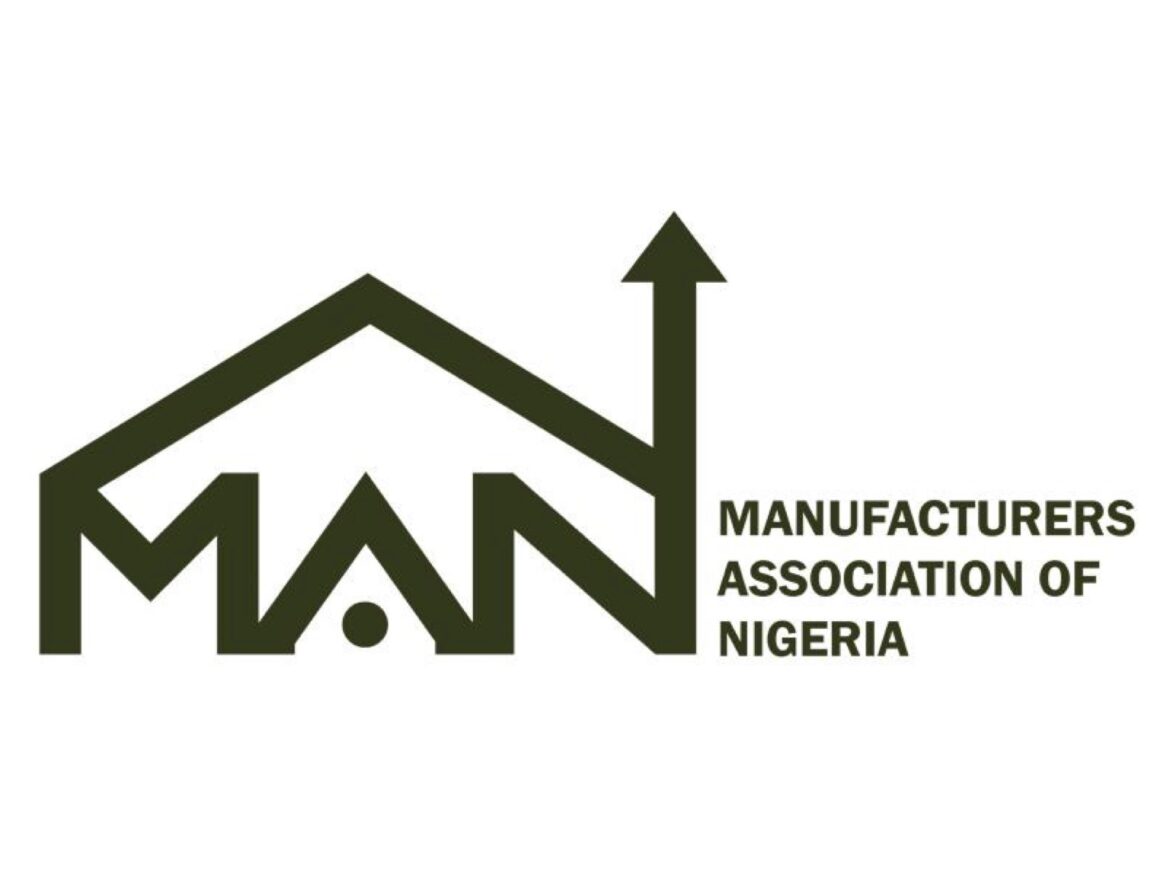Manufacturing Association of Nigeria has urged the Central Bank of Nigeria to focus more on domestic production rather policies that hinder industrial growth. MAN in its reaction to another monetary policy rate hike by the apex bank said “In consideration of all the above, the Manufacturers Association of Nigeria recommends that Government considers the following policy measures: direct CBN to conduct a comprehensive assessment of the impact of previous decisions of the MPC on inflation rate and the productive sector over the last 5 years. This will provide information that will guide future MPC decisions; implore CBN to be domestic production centric by taking a detour from continuous hike in MPR and allow time for the real sector to recover from the impact of previous hikes; direct the CBN to collaborate with the Ministry of Finance to facilitate stronger handshake and coherence between monetary and fiscal policies.
It also suggested that government “take deliberate actions to insulate the productive sector from the impact of continuous hike in MPR by expediting action on the disbursement of special provisions earmarked by government for the manufacturing sector. The N75billion single digit loan approved by President Bola Tinubu, GCFR over a year ago and the recently announced N1trillion readily comes to mind. Offer fiscal support system that will enable the manufacturing sector import raw materials, spares and machines that are not available locally at concessionary duty rate. Minimise pressure on foreign exchange reserves by incentivise backward integration and local sourcing to decrease reliance on imported products and raw materials. Enforce Executive Order 003 to enhance support for local industries and ramp-up domestic production by restricting access to forex for the importation of products manufactured locally.
“Address the issue of low manufacturing productivity and food production occasioned by the high-level of insecurity across the country to curb the persistent rise in inflation Utilise subsidy savings to improve patronage of made in Nigeria products and upgrade electricity, road and rail networks within industrial hubs. Encourage nationwide investments in renewable energy sources to alleviate energy cost and enhance competitiveness. MAN said “the 296th meeting of the Monetary Policy Committee (MPC) of the Central Bank of Nigeria (CBN), held on July 22-23, 2024, focused on analysing recent economic developments. The committee identified high foreign exchange rates, increasing energy costs, and food insecurity as challenges posing potential risks to price stability. In the face of the persistent rise in inflation majorly occasioned by continuous increase in energy and food prices, the Central Bank of Nigeria (CBN) has again increased the Monetary Policy Rate (MPR) by 50 basis points from 26.25% to 26.75%. The Monetary Policy Committee (MPC) widened the asymmetric corridor around the MPR from +100 to -300 basis points to +500 to -100 basis points. Additionally, the MPC decided to maintain the Cash Reserve Ratio (CRR) for deposit money banks at 45% and for merchant banks at 14% and retained the Liquidity Ratio at 30%.
“MAN notes with concern that, despite the continuous increase in MPR over the past two years resulting in a weighty 1,475 basis point hike from 11.5% in May 2022 to 26.25% in May 2024, inflation has remained persistently high, reaching a staggering 34.19% in June, the highest since March 1996. Clearly, the new rate will further constrain the growth of the manufacturing sector, as the purchasing power of consumers, production levels, competitiveness and sales will face further decline. The manufacturing sector in Nigeria plays a vital role in the country’s economy. However, it is facing multitude of challenges that threaten its sustainability and contribution to economic growth. Therefore, the continued increase in the cost of borrowing, which is one of our major challenges, will: Escalate production costs and consequently the prices of finished goods, with consequential effect on unemployment and social instability. It will further compound the prevailing low consumer demand, capacity utilisation and profitability. Stifle capacity to make new and further investments, innovation and curtail opportunities for the growth. Constrained the capacity of the sector to compete effectively in regional and global markets, and if unchecked, may trigger critical distress of more manufacturing concerns.
Constrain reinvestment for expansion and introduction of new brands, as significant portion of revenue of manufacturing concerns is directed towards interest payments. Further restrain access to capital, judging from the fact that only 16% of total commercial bank credit was disbursed to the manufacturing sector in the first quarter of the year. Reduce the flow of investments into the sector and funds required for retooling, upgrading facilities and procurement of new technologies. It is noteworthy to state that the worrisome trend occasioned by increase in cost of borrowing is corroborated by the report of NBS, to the effect that manufacturing investment declined significantly in the second quarter of the year. This drop underscores the critical link between domestic investment confidence and foreign investor sentiment. In addition, the share of manufactured exports in non-oil exports also declined from 21.4% in Q4 2023 to 15.1% in Q1 2024. The Manufacturers Association of Nigeria (MAN) recognises the efforts made by the Monetary Policy Committee (MPC) to stabilise price, as well as the rationale behind its decisions. However, it is expedient that the survival of manufacturing in Nigeria is prioritised when making monetary policy decisions. This will enable the sector to effectively play its role as the key driver of employment creation, productivity, stable foreign exchange earnings, and economic sustained growth.

